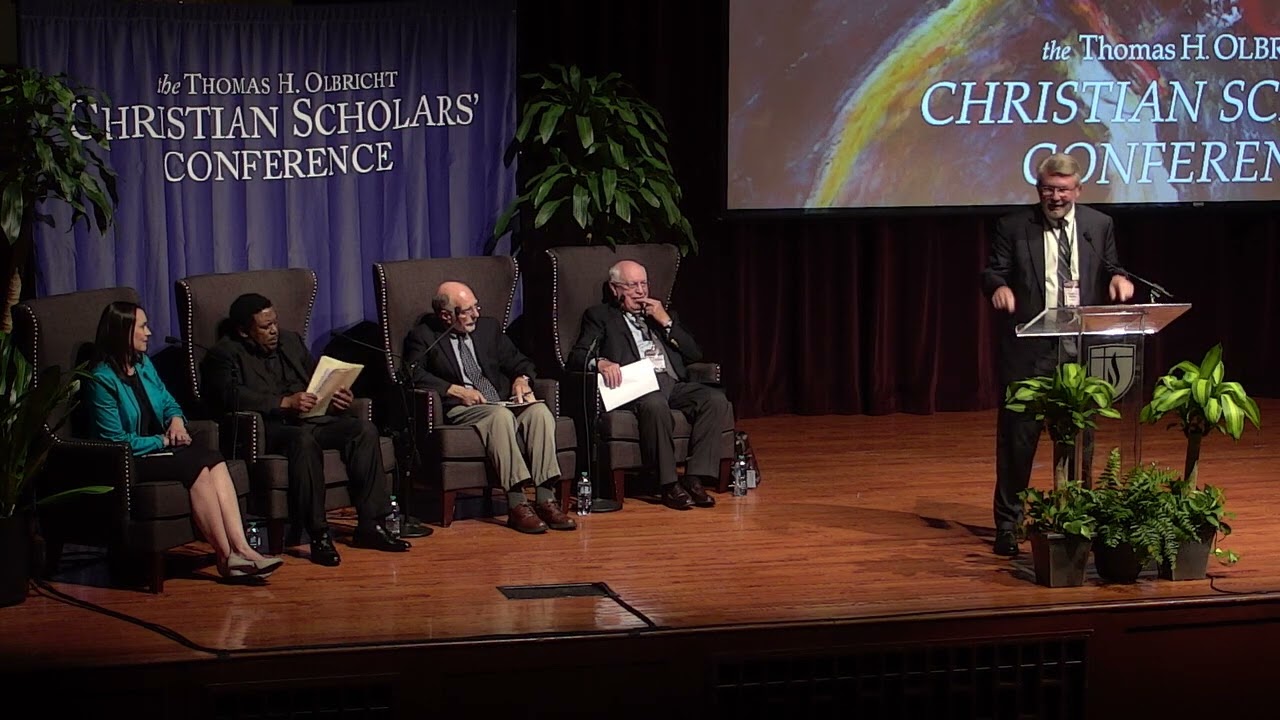
Biblical Studies: An Asset or Liability for People of Faith?
Volume 1 | June 6, 2022
Gregory E. Sterling, Author
Carl R. Holladay, Author
Richard T. Hughes, Author
Raymond Carr, Author
Amanda Jo Pittman, Author
Theme: Biblical Scholarship, Debate
Discipline: Religious Studies
One of the touchstones of Protestant traditions like the Churches of Christ is the importance of the Bible. Within churches, the Bible is read as Holy Scripture that discloses divine will. Within seminaries and universities, the Bible is read through the lens of biblical studies, and it is evaluated critically. Does biblical studies as a discipline help or hurt the faith of Christians who read the text as Scripture? The exchanges in this modified debate model civil discourse on a contended issue, allowing for productive conversation.
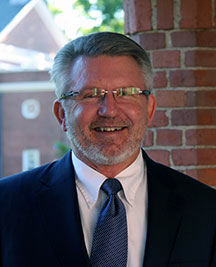
About Gregory E. Sterling
Gregory E. Sterling is the Rev. Henry L. Slack Dean and the Lillian Claus Professor of New Testament at Yale Divinity School. A specialist in Hellenistic Judaism and Early Christianity, he has focused his research on the interactions of Jews and Christians within the larger Greco-Roman world, especially in the areas of historiography and philosophy. He is the author of three books with a fourth forthcoming, more than 100 scholarly articles and chapters, the editor or co-editor of five books, and the editor or co-editor of three major series that now include 40 volumes.
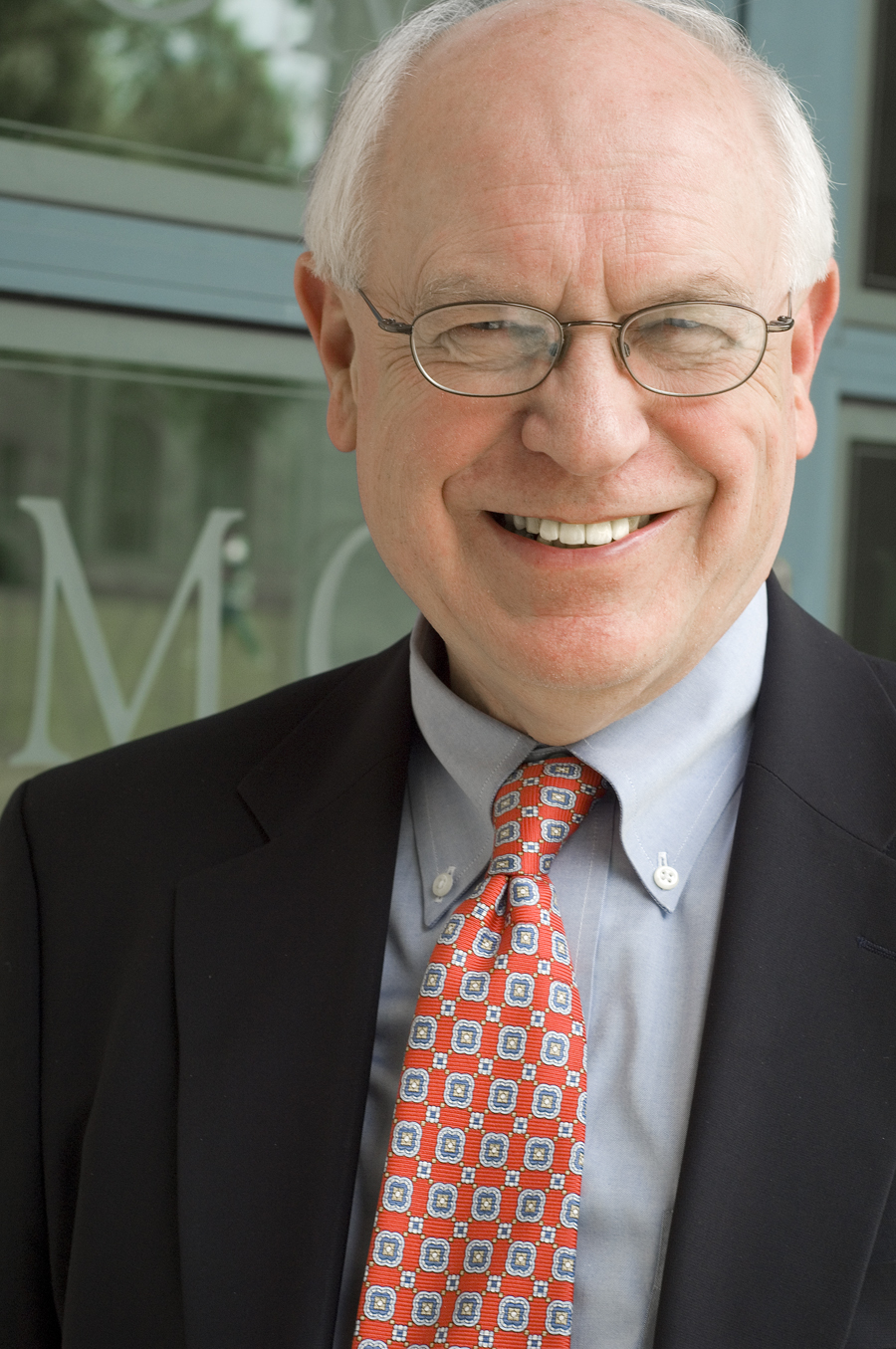
About Carl R. Holladay
Carl R. Holladay is a retired professor of New Testament who taught at Emory University’s Candler School of Theology in Atlanta. His recent publications include a volume of collected essays Hellenistic Jewish Literature and the New Testament (2021), Introduction to the New Testament: Reference Edition (2017), and Acts: A Commentary (2016). He served as president of the international Society for New Testament Studies in 2016–17. He now resides in Durham, N.C.
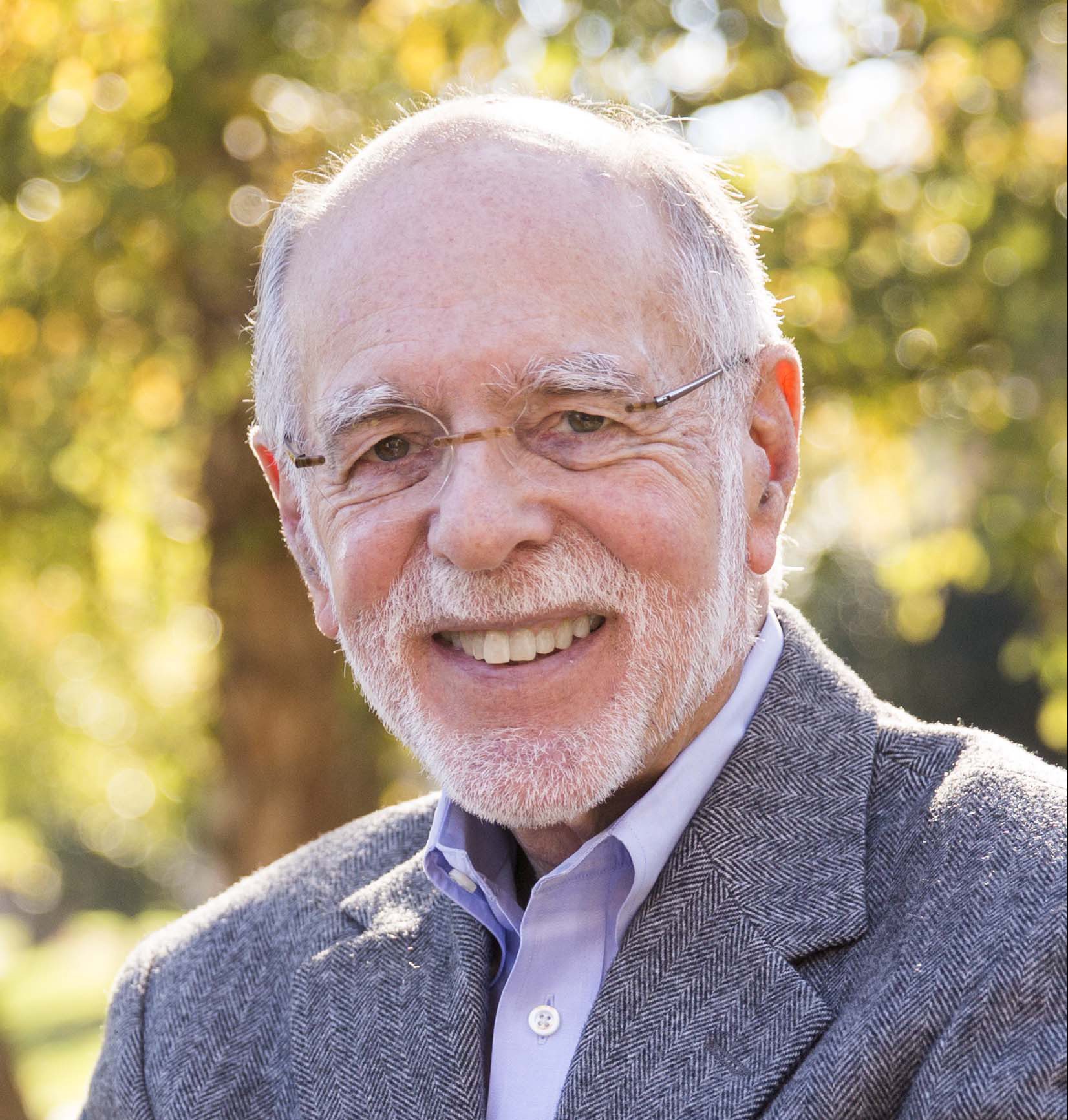
About Richard T. Hughes
Richard Hughes serves as Scholar in Residence in both the Center for Christianity and Scholarship and the College of Bible and Ministry at Lipscomb University. He has worked at the intersection of religion and American culture over the course of a 50-year career, specializing in the history of Churches of Christ, religion and American identity, religion and race in America, religion and American higher education, and the role of Christian primitivism in American life. He is the author, co-author, or editor of 18 books including Reviving the Ancient Faith: The Story of Churches of Christ in America (Eerdmans, 1996); Myths America Lives By: White Supremacy and the Stories that Give Us Meaning (University of Illinois Press, 2018); and The Grace of Troublesome Questions: Vocation, Restoration, and Race (Abilene Christian University Press, 2022).
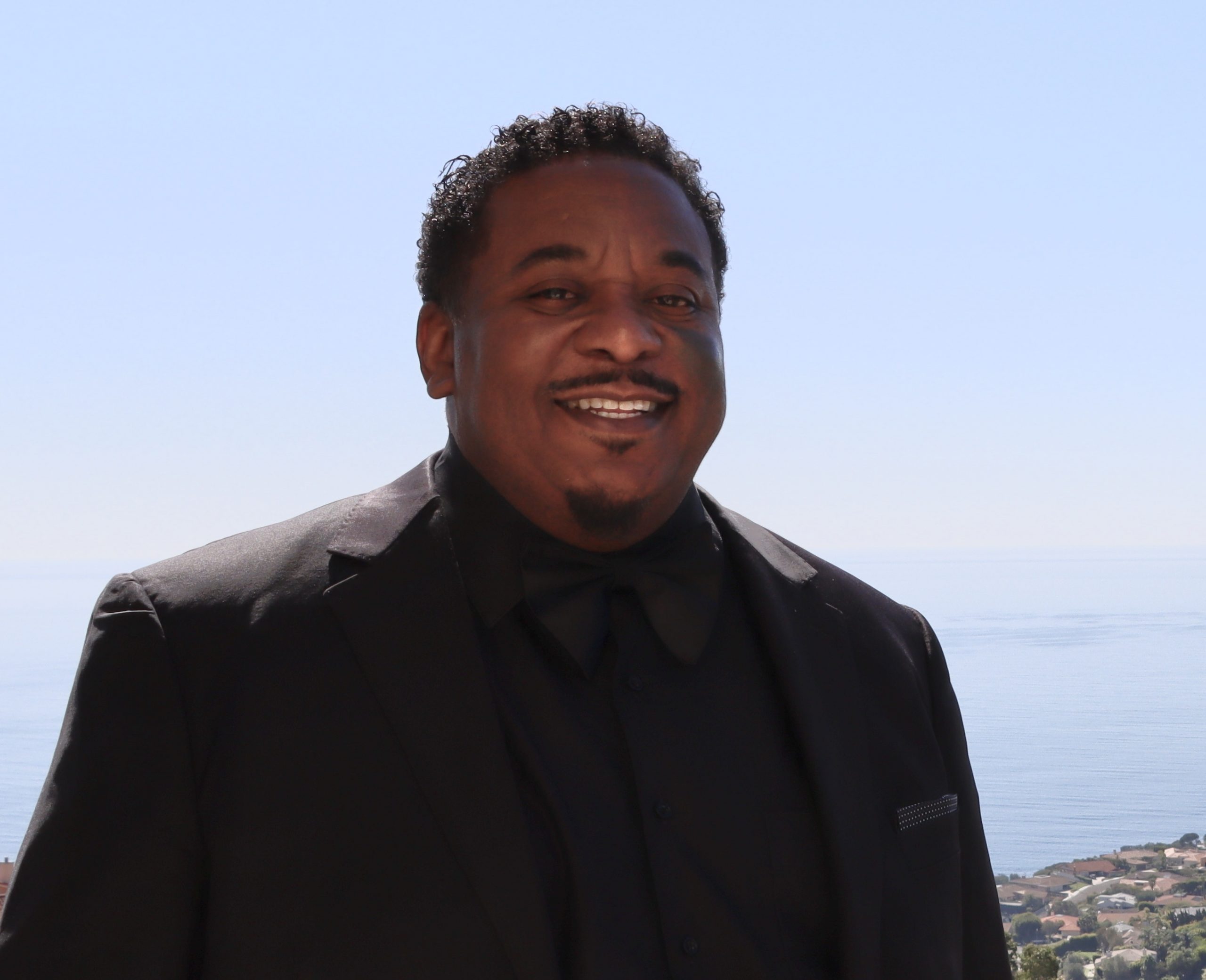
About Raymond Carr
Raymond Carr is Research Associate and Director of the Codex Charles H. Long Papers Project at the Moses Mesoamerican Archive and Research Project, Harvard University. His book, Theology in the Mode of Monk: An Aesthetics of Barth and Cone on Revelation and Freedom, is scheduled for release by Cascade Books.
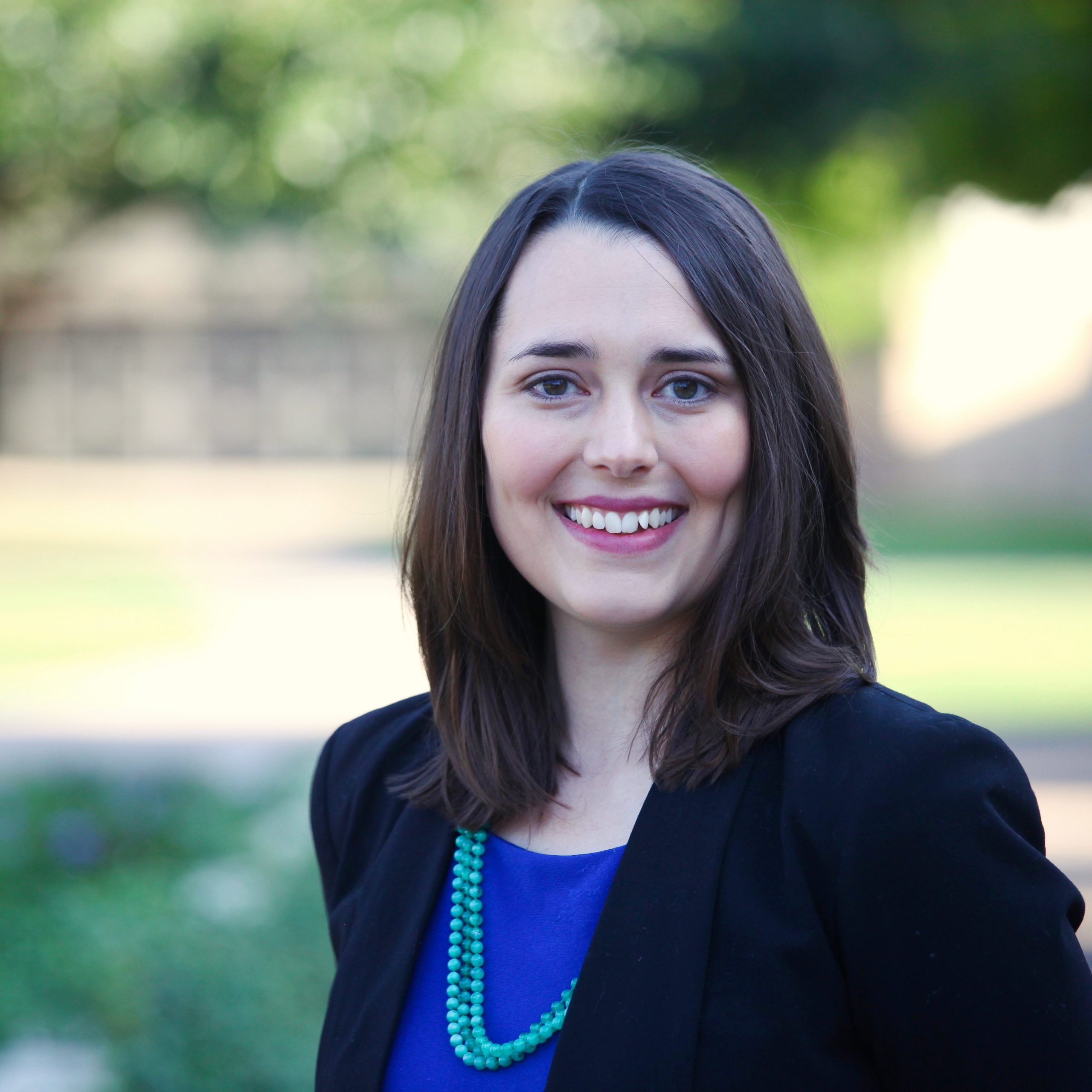
About Amanda Jo Pittman
Amanda Jo Pittman is Associate Professor and the Associate Chair of the Department of Bible, Missions, and Ministry at Abilene Christian University. Her research at the intersection of Christian practice and the New Testament appears in Religious Education, Restoration Quarterly, and The International Journey of Christianity & Education. Her scholarship seeks to integrate the insights of practical theology and New Testament Studies, particularly of Luke and Acts, in service of Christian formation.
Featured Content
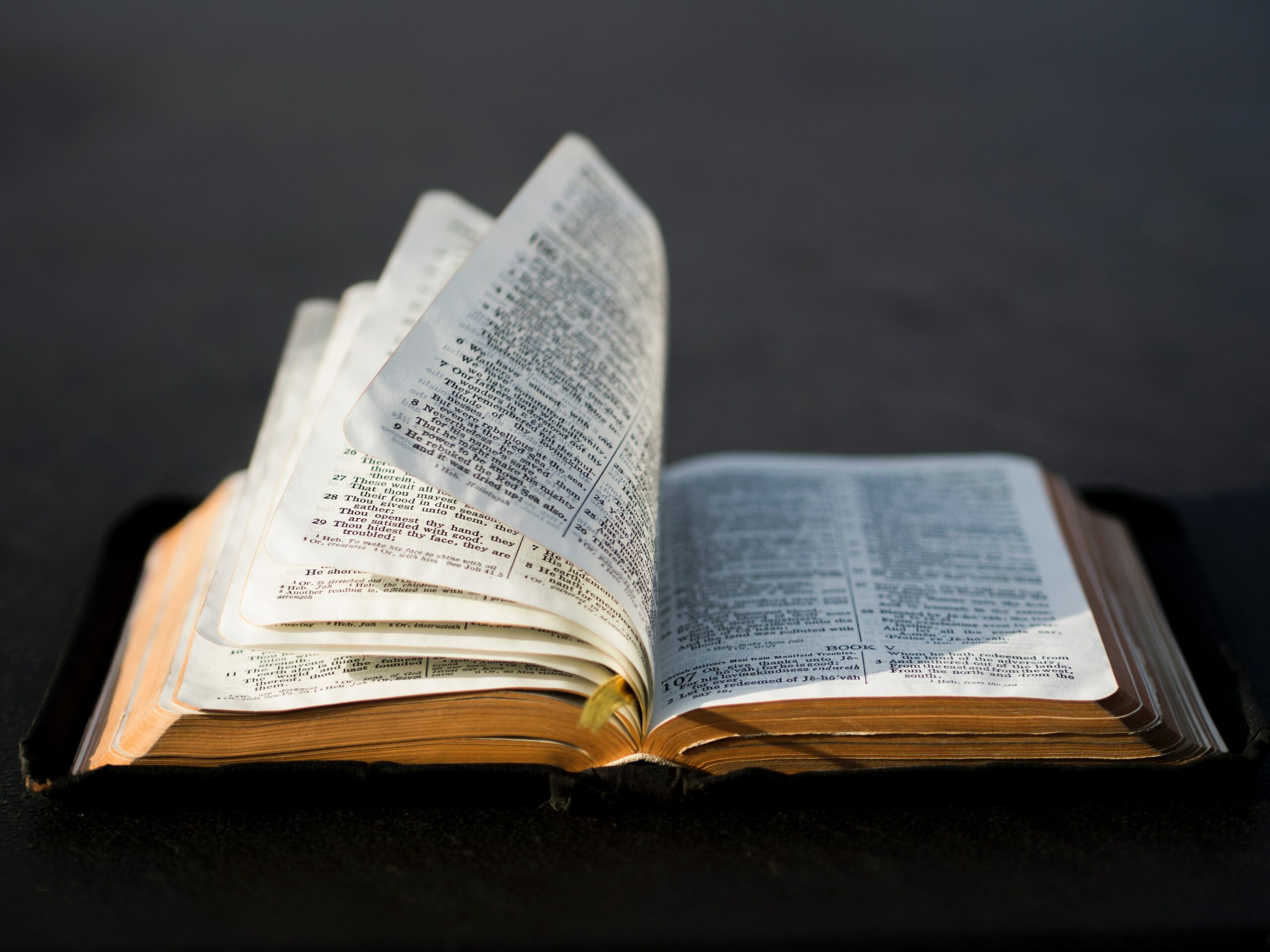
Introduction to Biblical Studies: An Asset or Liability for People of Faith?
Volume 1 | June 6, 2022
Theme: Biblical Scholarship, Debate
Discipline: Religious Studies
A friend of mine, who is the past chairperson of the board of trustees for an Ivy League university—not Yale, in case you are wondering—recently read a book, which was an introduction to the Bible. He and I chat routinely, and he said, “It seems to me that biblical scholars have created sophisticated barriers that…
Biblical Scholarship: Bane or Blessing?
Volume 1 | June 6, 2022
Theme: Biblical Scholarship, Debate
Discipline: Religious Studies
Since I was a college debater at Freed-Hardeman and Abilene Christian, I will frame my argument as a debate proposition: Resolved: Biblical scholarship is essential to the life of faith. “Essential” is a key term—it is essential in the sense that it is inherent (i.e., that it directly relates to the essence of faith), but…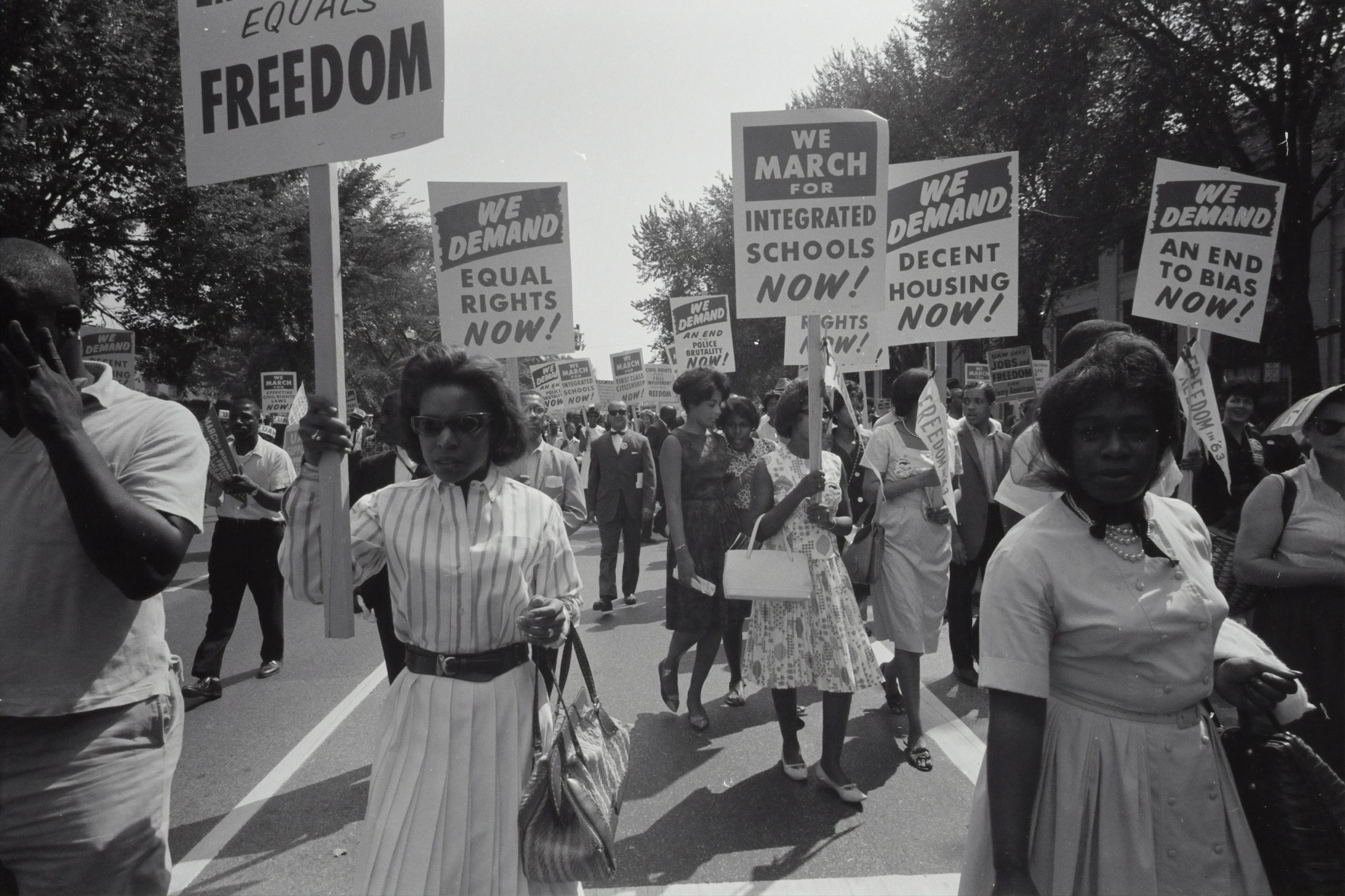
The Blinders that We Wear: When Biblical Scholarship Becomes a Liability for People of Faith
Volume 1 | June 6, 2022
Theme: Biblical Scholarship, Debate
Discipline: American Religious History
When Dean Greg Sterling asked me to help explore whether biblical studies are an asset or a liability for people of faith, I thought to myself, “Why, they are both, of course.” I have always prized biblical studies for their ability to illumine the biblical text. Yet, when biblical scholarship becomes an end in itself,…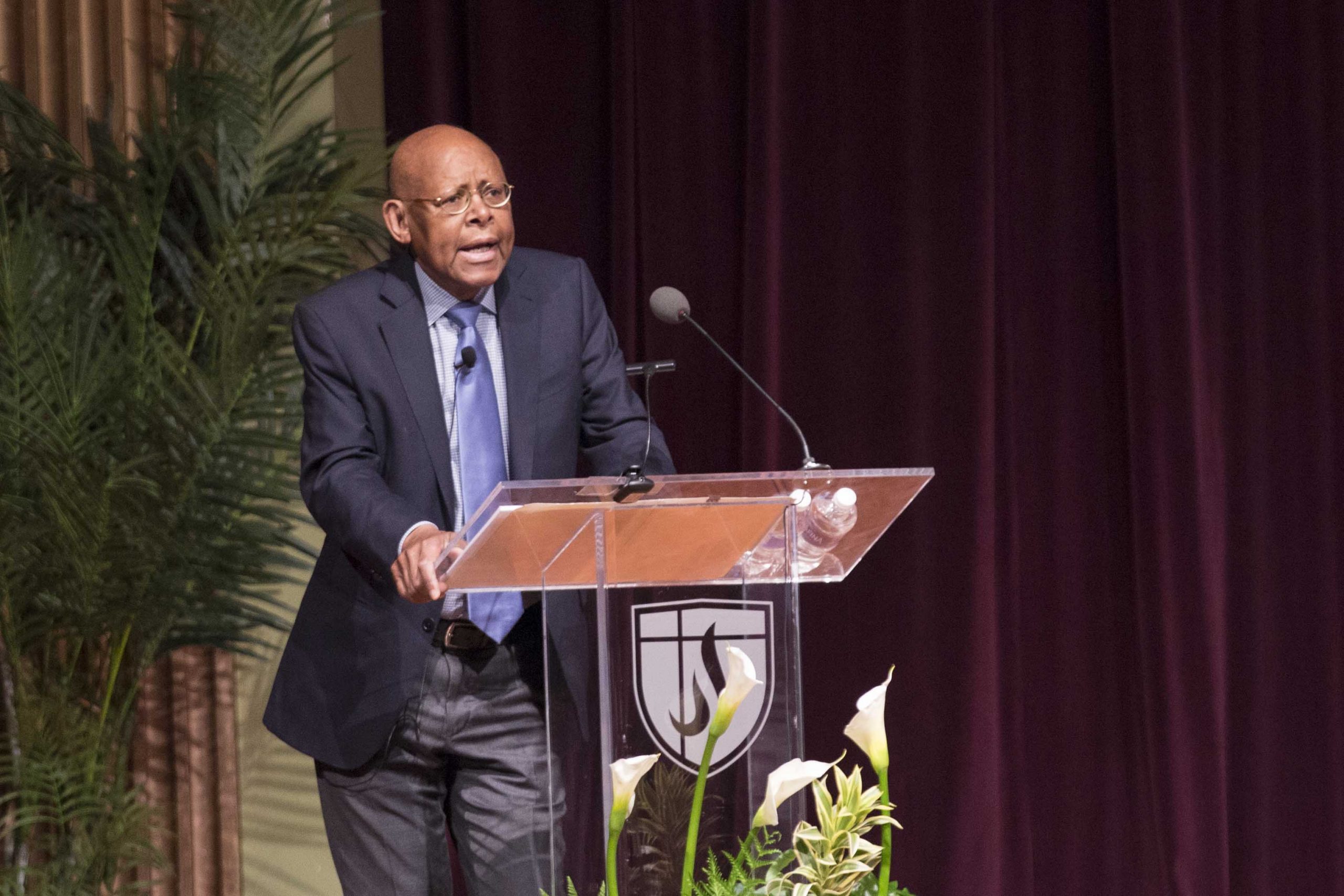
The Liabilities of Biblical Studies: Conjuring the Past and Camouflaging the Present
Volume 1 | June 6, 2022
Theme: Biblical Scholarship, Debate
Discipline: Theology
As a matter of framing this brief paper, I will first address the Locus Theologicus, that is, the theological place or location in which Church of Christ biblical scholars do their work in relation to history. Secondly I will briefly describe the choice I have made to confront it, and, finally, offer three brief points…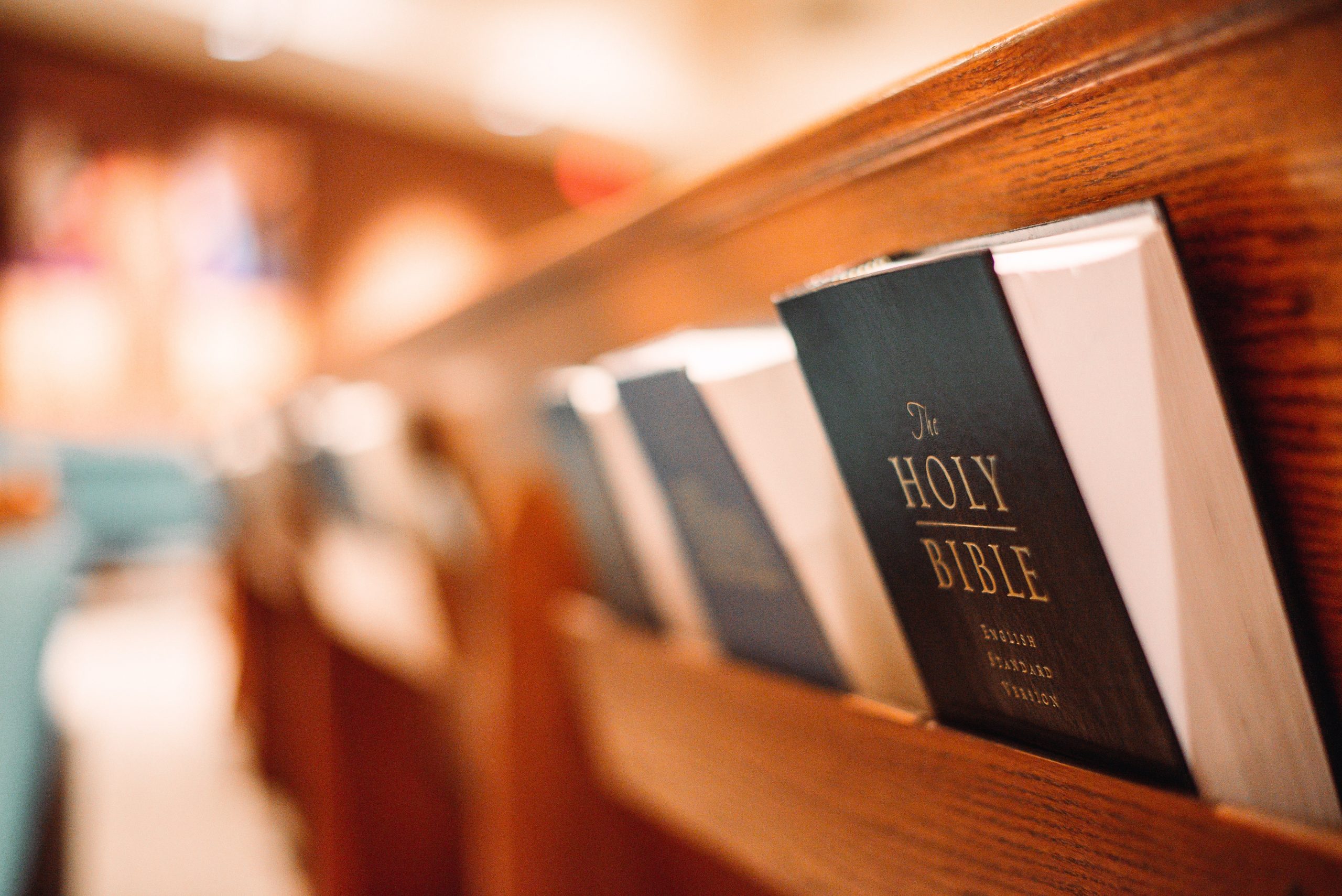
A Case for Biblical Studies as Asset to People of Faith
Volume 1 | June 6, 2022
Theme: Biblical Scholarship, Debate
Discipline: Religious Studies
In any given academic year, I read the New Testament with 200 nineteen year olds. Some of them bring Bibles that are still shrink wrapped, purchased only as a required text for a required class. They sit next to peers who quite literally cut their teeth in cradle roll on those little leather New Testaments.…